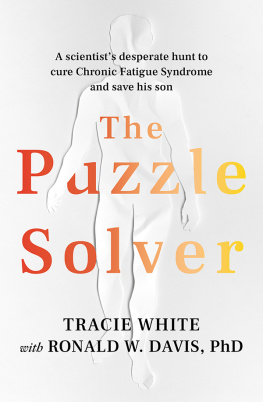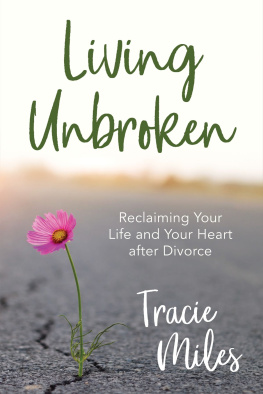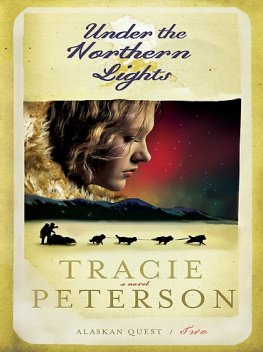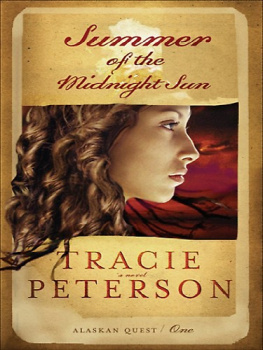Tracie White - The Puzzle Solver
Here you can read online Tracie White - The Puzzle Solver full text of the book (entire story) in english for free. Download pdf and epub, get meaning, cover and reviews about this ebook. year: 2021, publisher: Hachette Books, genre: Detective and thriller. Description of the work, (preface) as well as reviews are available. Best literature library LitArk.com created for fans of good reading and offers a wide selection of genres:
Romance novel
Science fiction
Adventure
Detective
Science
History
Home and family
Prose
Art
Politics
Computer
Non-fiction
Religion
Business
Children
Humor
Choose a favorite category and find really read worthwhile books. Enjoy immersion in the world of imagination, feel the emotions of the characters or learn something new for yourself, make an fascinating discovery.

- Book:The Puzzle Solver
- Author:
- Publisher:Hachette Books
- Genre:
- Year:2021
- Rating:3 / 5
- Favourites:Add to favourites
- Your mark:
- 60
- 1
- 2
- 3
- 4
- 5
The Puzzle Solver: summary, description and annotation
We offer to read an annotation, description, summary or preface (depends on what the author of the book "The Puzzle Solver" wrote himself). If you haven't found the necessary information about the book — write in the comments, we will try to find it.
Tracie White: author's other books
Who wrote The Puzzle Solver? Find out the surname, the name of the author of the book and a list of all author's works by series.
The Puzzle Solver — read online for free the complete book (whole text) full work
Below is the text of the book, divided by pages. System saving the place of the last page read, allows you to conveniently read the book "The Puzzle Solver" online for free, without having to search again every time where you left off. Put a bookmark, and you can go to the page where you finished reading at any time.
Font size:
Interval:
Bookmark:
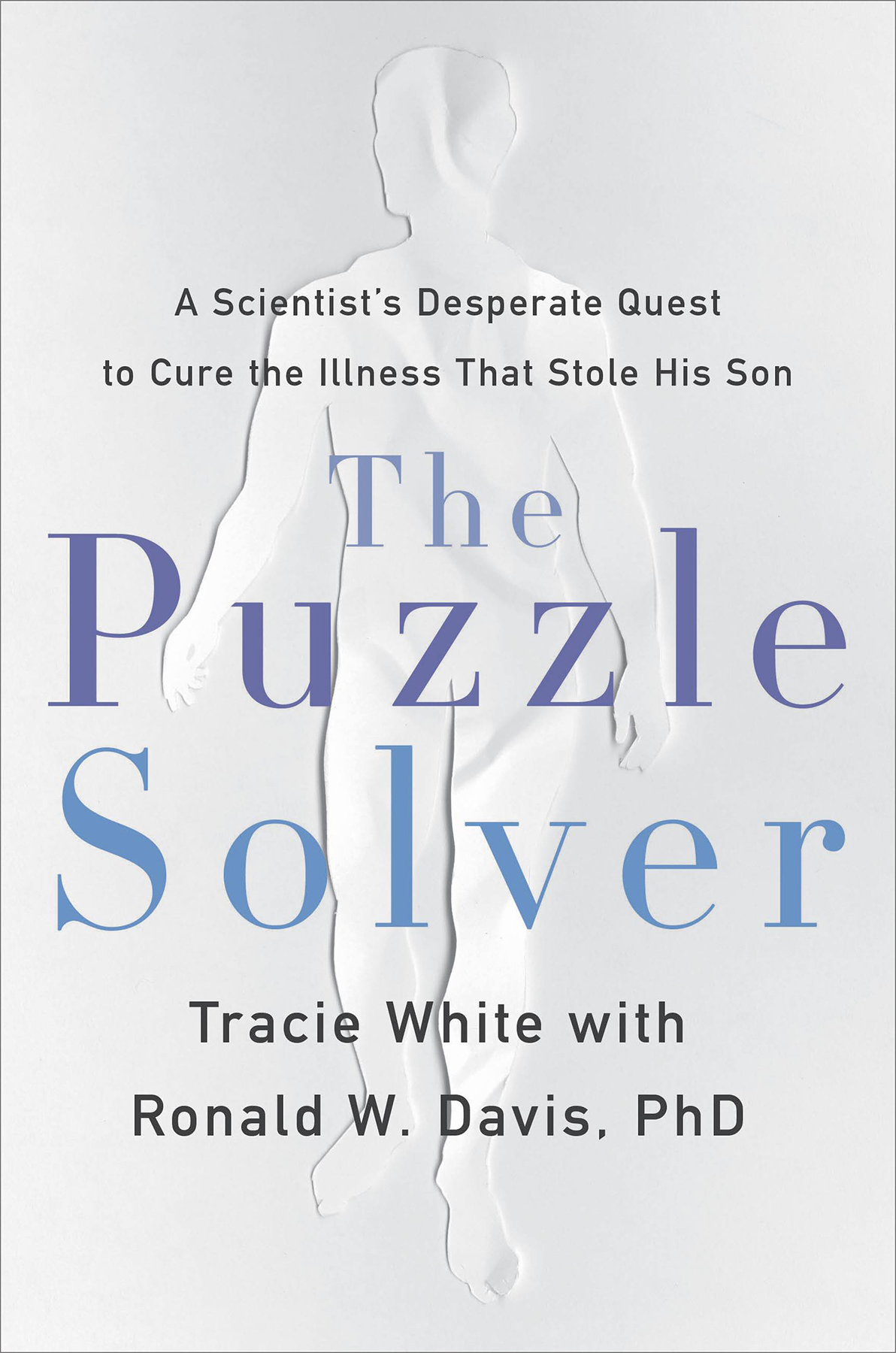
Copyright 2021 by Tracie White
Cover design by Milan Bozic
Cover photograph CSA Images/Getty Images
Cover copyright 2021 by Hachette Book Group, Inc.
Hachette Book Group supports the right to free expression and the value of copyright. The purpose of copyright is to encourage writers and artists to produce the creative works that enrich our culture.
The scanning, uploading, and distribution of this book without permission is a theft of the authors intellectual property. If you would like permission to use material from the book (other than for review purposes), please contact permissions@hbgusa.com. Thank you for your support of the authors rights.
Hachette Books
Hachette Book Group
1290 Avenue of the Americas
New York, NY 10104
HachetteBooks.com
Twitter.com/HachetteBooks
Instagram.com/HachetteBooks
First Edition: January 2021
Published by Hachette Books, an imprint of Perseus Books, LLC, a subsidiary of Hachette Book Group, Inc. The Hachette Books name and logo is a trademark of the Hachette Book Group.
The Hachette Speakers Bureau provides a wide range of authors for speaking events.
To find out more, go to www.hachettespeakersbureau.com or call (866) 376-6591.
The publisher is not responsible for websites (or their content) that are not owned by the publisher.
Library of Congress Cataloging-in-Publication Data has been applied for.
ISBNs: 978-0-316-49250-8 (hardcover); 978-0-316-49249-2 (ebook)
E3-20201118-JV-NF-ORI
For Whitney
Everyone knows someone with a mysterious illness that goes unmentioned and gets ignored. Often, its a chronic disease with no known cause and few treatments. The illness simply refuses to dissipate. As years pass, doctors grow frustrated; families grow weary. The sick grow hopeless. A curtain falls, to hide the unimaginable and enduring pain. And silence remains. This is an attempt to lift the curtain from over those sick people who go unseen, untreated, and forgotten. But this book will also bring those sick, and the ones who love them, hope.
Whitney Dafoe, a young fine arts photographer who traveled the world, now has one of those ongoing illnesses that often gets ignored. Once he was healthy and strong, but an illness crept up on him slowly, incrementally taking away bits of his life. First it took away his energy, then his ability to walk any farther than the few steps to his bathroom. Eventually he could no longer talk or eat. He couldnt leave his room or even bear to have others join him there. Symptoms of severe fatigue, gastrointestinal problems, muscle pain, and neurological disorders plagued him for years before he even got a diagnosis. He was told there was nothing wrong with him, that he was crazy, that if he exercised hed be fine. Finally, eight years ago, he got a diagnosis. He has chronic fatigue syndrome, now known as ME/CFS, a disease with no known cause, no approved treatments, and no cure. And still, it strikes twenty million people worldwide.
Yet the course of this story has changed due to Whitneys father, a legendary Stanford University scientist. Ron Davis, whose discoveries helped launch the Human Genome Project, is now on the hunt for the prey that took his son away. Beginning with a drop of his own sons blood, he launched a search for the cause and, from there, a treatment and a potential cure for this often forgotten and stigmatized disease.
ME/CFS, like many other illnesses, usually strikes healthy people out of the blue, changing their lives forever. It brings fear and uncertainty, like AIDS or the coronavirus. Most go undiagnosed. One quarter get severely ill like Whitney, bedridden or unable to leave their homes. Many lose their jobs, and even family and friends. Without a definitive lab test to diagnose the disease, they are often disbelieved by doctors and face obstacles getting medical insurance or disability. No one knows just how many end up homeless.
Despite a new acceptance within the scientific community as a biological disease, the illness is still little known with not much funding for research. Patients are still mocked for being nothing more than tired, or lazy, or crazy. Once called the yuppie disease, it remains hidden away, with a long and winding, messy history that also must be unveiled.
Ron Davis has used his prestige within the scientific community to speak out, share his new research discoveries on this disease, and tell his sons story, the same story that millions of others have suffered and continue to suffer. Its a story that needs to be told.

I N D ECEMBER 2016, SOMETIME in the middle of the night, Whitney Dafoe slowly used Scrabble tiles to spell out this:
Cant take care of myself. Dont know what to do.
This was followed with five more tiles: DYING.
Then he pushed a button next to his bed that rang a bell throughout the house to summon his parents, who were caring for him around the clock, to his room.
Later, when I asked his father, Ron Davis, a legendary scientist, how he responded when he saw what his son had spelled out in tiles, he simply said, I did not answer himhe cannot tolerate anyone speaking to him.
That week, Whitney was taken in an ambulance to the hospital to get a feeding tube inserted into his abdomen. He needed it to stay alive.
Two months later, I drove up to Ron Daviss home in Palo Alto, California, for the first time on a chilly winters evening. A gentle breeze touched my cheek as I climbed out of my old, green Honda Civic, but my heart felt heavy. I had come to interview Ron and his wife, Janet Dafoe, to hear Whitneys story. (Whitneys parents, I would also learn, chose to share their last names between their two children. Whitney has his mothers last name, and their daughter, Ashley, was given her dads.) Over several decades as a journalist, I had gained a reputation as the go-to writer for tragic stories, so it was natural my editor at Stanford Medicine magazine had assigned me this story about a father trying to save his severely ill son.
Id written articles for the magazine before about amputees who survived the 2010 Haitian earthquake, Cambodian refugees with PTSD, the deplorable lack of health care on Native American reservations, and myriad other science stories about horrific medical conditions and the search for cures. I was proud to be able to give a voice to these often neglected stories, but I also had a personal motivation. Id been devastated myself decades before by a late-term miscarriage. The grief eventually lifted, but it left me with a chronic case of insomnia that I struggle with still. Along with that came a growing obsession with writing stories about people living with chronic conditions. I wrote about cancer and Alzheimers disease, clinical depression and foster children living with PTSD. Id look into peoples eyes when I interviewed them, searching for answers. How did they do it? How did they carry on?
Still, for some reason, when confronted with this story of the daily pain and suffering of a young man imprisoned in his own body with his grief-stricken family standing at his side, it unnerved me. Perhaps it was the years of his total and complete isolation that scared me most or the fact that his photos looked too much like my own grown son. Whitney couldnt eat or speak. He was completely voiceless. Now thirty-one years old, he lived twenty-four hours a day, every day, in the back bedroom of his parents home. Id talked briefly over the phone with both Ron and Janet when arranging the interview. They told me Whitney had been diagnosed with chronic fatigue syndrome more than five years before, but that for the past two years, his condition had deteriorated into a coma-like state. When I asked if I could interview him, theyd said no. His mother was the first to say it. Whitney was far too sick for anything like that.
Font size:
Interval:
Bookmark:
Similar books «The Puzzle Solver»
Look at similar books to The Puzzle Solver. We have selected literature similar in name and meaning in the hope of providing readers with more options to find new, interesting, not yet read works.
Discussion, reviews of the book The Puzzle Solver and just readers' own opinions. Leave your comments, write what you think about the work, its meaning or the main characters. Specify what exactly you liked and what you didn't like, and why you think so.

